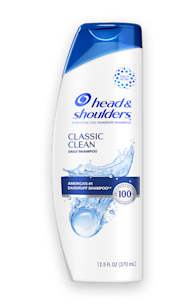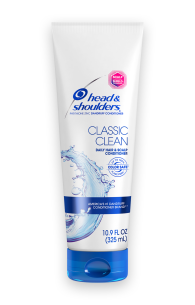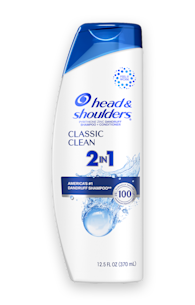PITYRIASIS ROSEA – WHAT IS IT?
Among the more mysterious skin conditions you’ll find is pityriasis rosea. To dispel a bit of the mystery, we’ve put together a guide.
Pityriasis rosea is a fairly common skin condition that’s characterised by rash. Although generally fairly harmless, the symptoms of the condition can seem quite alarming.
Let’s try to put your mind at rest.
The mystery of pityriasis rosea
While we know quite a lot about pityriasis rosea, there’s just as much that we’re still in the dark about.
Unlike dandruff, medicine is still unsure exactly what causes pityriasis rosea (although it is suspected that the condition is viral).
Accordingly, there isn’t yet an effective treatment for the condition.
So, what do we know?
Pityriasis rosea is most often seen between the ages of 10 and 35, and it causes no lasting harm to those with the condition. We also know that it does not appear to be contagious.
Because its cause is unknown, pityriasis is defined by its symptoms:
It begins as a single large patch formed on the body, known as the ‘herald patch’
Small pink spots develop on the body, sometimes in a ‘Christmas tree’ pattern
It may be accompanied by mild flu-like symptoms, which bolster the claim that it is viral in nature
Patches appear on the front and back of the body, arms and legs
Sometimes patches spread to the neck, but rarely to the face
About half of those who have the condition will experience mild itching
Treating pityriasis rosea
Because the root cause of pityriasis rosea is not yet known, there is difficulty in treating it. Luckily, the rash will resolve itself in 6-8 weeks. Those who have been infected will typically never experience a recurrence of the condition for the rest of their lives.
Most treatments are directed at the symptoms. These include over-the-counter anti-histamines and anti-inflammatory medications. Sunlight can also help alleviate the condition.
If you find yourself suffering from pityriasis rosea, your best bet is to consult your doctor immediately. While they won’t be able to stop the problem completely, they will be able to help manage the symptoms.





